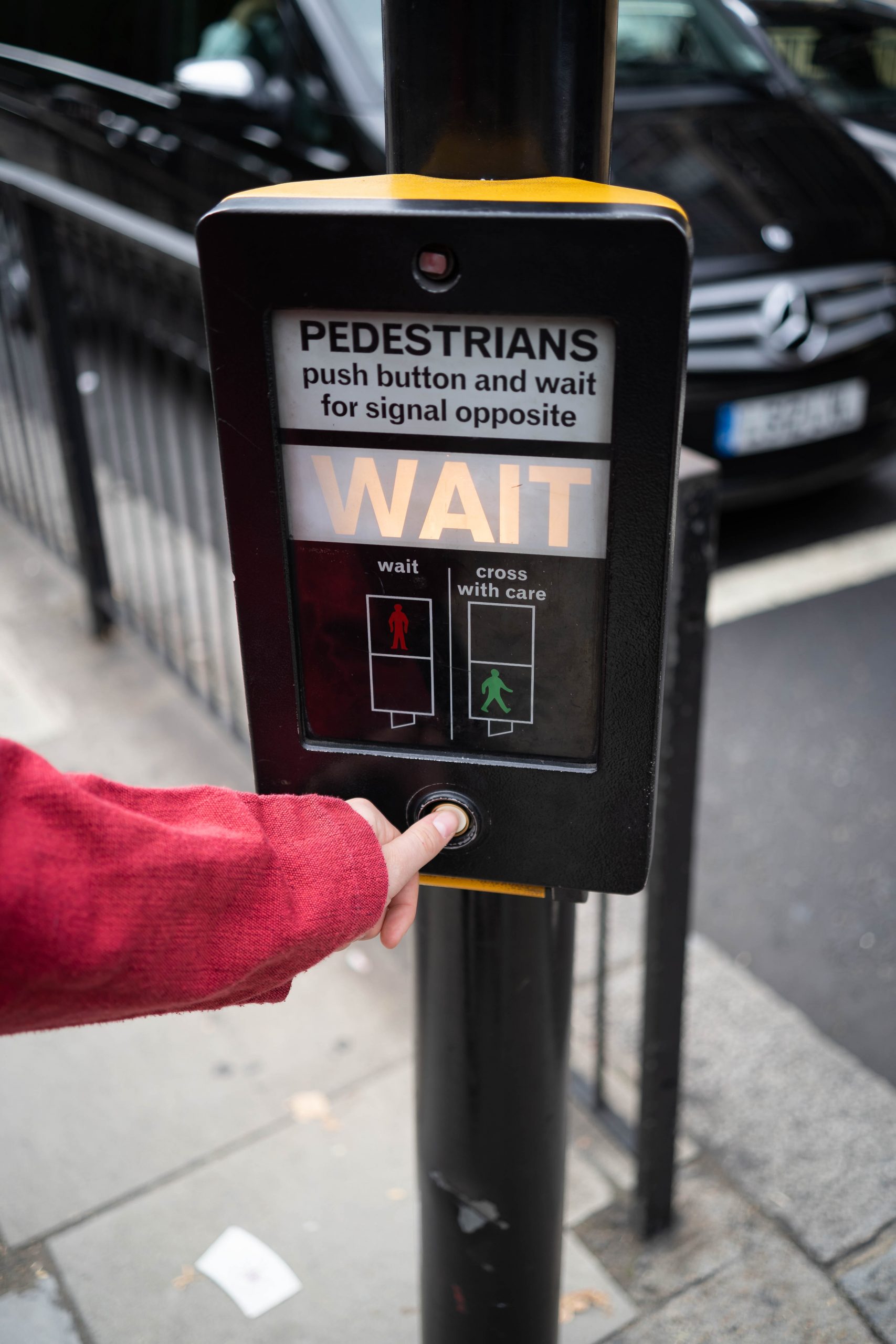There’s good news for delinquent taxpayers hoping to use their driver’s licenses to fly domestic: the Department of Homeland Security (DHS) Secretary Jeh C. Johnson has announced an extension for states and territories to implement the REAL ID Act.
The key date to know is January 22, 2018. That’s the date on which air travelers with a driver’s license or identification card issued by a state that does not meet the requirements of the REAL ID Act (unless that state has been granted an extension to comply with the Act) must present an alternative form of identification acceptable to the Transportation Security Administration (TSA) in order to fly domestic. Acceptable identification would include a passport or passport card, Global Entry card, U.S. military ID, airline or airport-issued ID, federally recognized tribal-issued photo ID.
The REAL ID Act was enacted in 2005 in response to 9/11 and concerns about terrorism. Under the law, federal agencies are barred from accepting driver’s licenses and identification cards issued by states that do not meet certain standards for secure issuance and production. Bits of the law were phased in over time with the final phase – commercial flight restrictions – to be effective in 2016. There was just one big problem: as of today, only 23 states are fully compliant with the REAL ID Act.
According to Secretary Johnson, 27 states and territories have been granted extensions for a period of time to become compliant. Six states and territories – Illinois, Minnesota, Missouri, New Mexico, Washington, and American Samoa – are noncompliant and do not currently have extensions. To find out if your state or territory is in compliance, click here.

To give states more time to comply, DHS has extended the timeframe for implementation of the new rules at airports (the rules still apply to other federal agencies according to the DHS timeline). That means that effective January 22, 2018, airline passengers with a driver’s license issued by a state that is still not compliant with the REAL ID Act (and has not been granted an extension) will need to show an alternative form of acceptable identification for domestic air travel to board their flight. Starting October 1, 2020, every air traveler will need a REAL ID-compliant license, or another acceptable form of identification, for domestic air travel.
How does that affect taxpayers? Under a recent law passed by Congress in December, the Secretary of State is required to deny a passport or turn down the renewal of a passport to a seriously delinquent taxpayer; the Secretary of State is also permitted to revoke any passport previously issued to a seriously delinquent taxpayer. For purposes of the new law, a “seriously delinquent tax debt” is defined as “an unpaid, legally enforceable federal tax liability” greater than $50,000, including interest and penalties.
Procedurally, the new tax law is a little tricky. The Internal Revenue Service (IRS) doesn’t have control over passports: that’s the purview of the Department of State.
Similarly, tax debts are assessed by the Internal Revenue Service (IRS) and the Secretary of State doesn’t generally have access to taxpayer information because of privacy laws. To bridge the two, the names of affected taxpayers will be placed on a list compiled by IRS and provided to the Secretary of State. Any names on that list are ineligible for a passport. If your name is on the list, you will also be separately notified.
The most recent extension for the application of REAL ID to domestic travel gives taxpayers a breather until 2018 – and plenty of time to get compliant. However, under the REAL ID Act, you may need a valid federal ID – like a passport – for other reasons, including visiting a military base. However, although REAL ID applies to federal agencies, federal identification is not required for the following:
- Entering federal facilities (like post offices) that do not require a person to present identification
- Voting or registering to vote
- Applying for or receiving federal benefits
- Being licensed by a state to drive
- Accessing health or life-preserving services (including hospitals and health clinics), law enforcement, or constitutionally protected activities (including a defendant’s access to court proceedings)
- Participating in law enforcement proceedings or investigations



